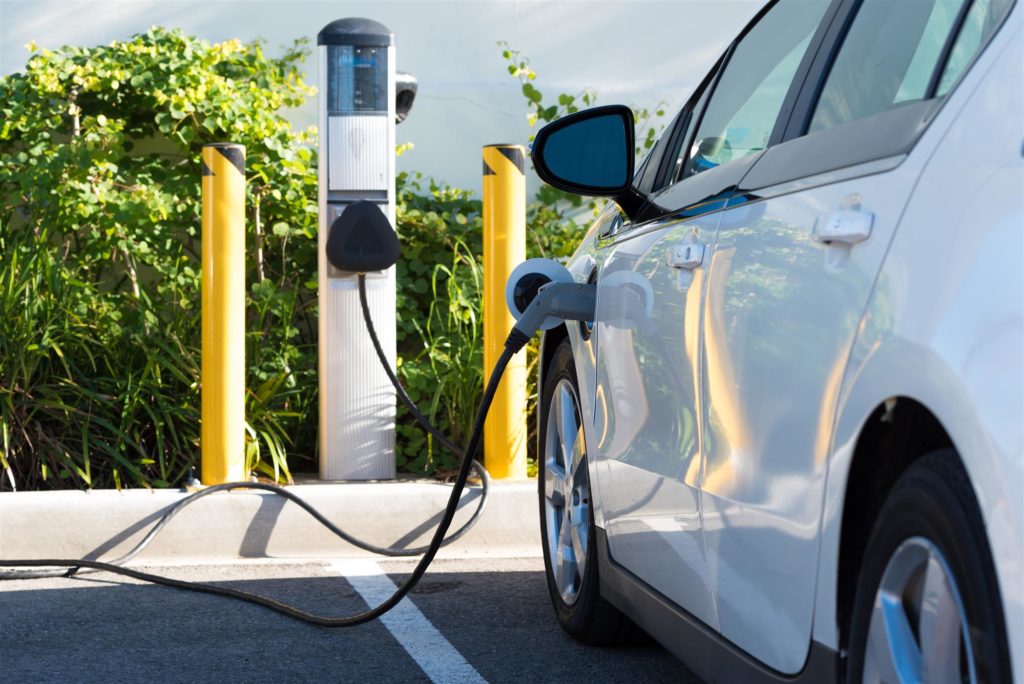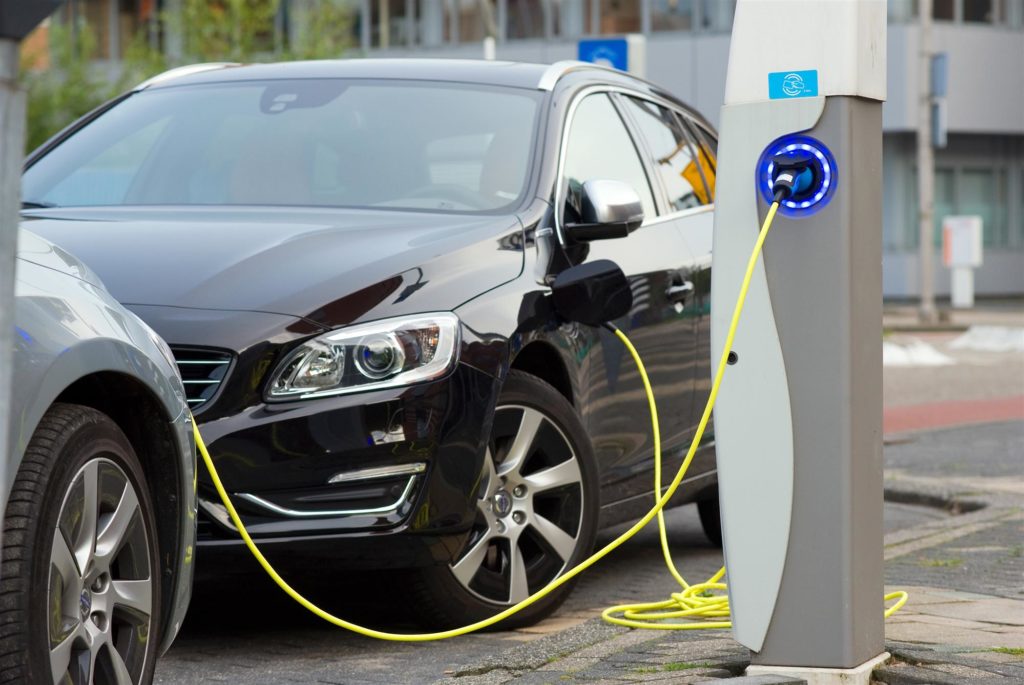Electric Car Charging Stations in California: Growth, Laws, and New Locations
Governor Brown has a plan that involves reducing California’s emissions by getting more electric cars on the road—to the tune of 1.5 million vehicles by 2025. In order to achieve the governor’s goal of helping to further reduce climate-changing greenhouse emission gasses, there is much infrastructure work to be done before his vision can become a reality.

While there is already a large number of private and public electric car charging stations in California, this number is nowhere capable of supporting an additional 1.5 million electronic vehicles (EVs). Many of the current charging stations are owned by different businesses and entities, like Tesla, which makes access to its stations free for Tesla vehicle owners.
When EVs first started rolling out, initially, the state did not want public utilities involved in developing EV charging stations, as they felt this would limit competition and potentially create monopolies in specific areas of the state.
However, things are changing. Now the state realizes that in order to substantially increase the number of EV charging stations in California, the state is going to need help from the utility companies. Some of the utilities that have made proposals to the California Public Utilities Commission (CPUC) include:
- San Diego Gas and Electric
- Pacific Gas and Electric
- Southern California Edison
The CPUC originally declined the initial proposals put forth by each of the utility companies because they considered them overly ambitious and were worried how these plans, if approved, would affect competition in various areas of the state.
Instead, they did consider revised proposals that were scaled back. With the revised proposals, the CPUC approved:
- San Diego Gas and Electric for a $45 million pilot consisting of 3,500 sites and utility-owned EV charging stations.
- Pacific Gas and Electric for a $130 million hybrid ownership plan with 7,500 charging stations.
- Southern California Edison for a $22 million pilot program for 1,500 EV charging stations, where the station hosts will own them, not the utility company.

EV Charging Station Laws
There are specific laws regarding EV charging stations for residential and commercial properties. For residential properties, homeowner associations cannot block or restrict property owners from getting an EV station installed in their designated parking spaces. Renters also have specific rights under California laws, which do vary based on whether it is considered a residential or commercial property.
Finding New Locations
There are a number of different free smartphone apps you download and use to find public EV charging stations in the state, such as CarStations, PlugShare, and ChargePoint. Each of these apps can show you where there are quick charge stations, type 2 stations, and residential stations where homeowners will allow you to charge your car. Please keep in mind, not all charging stations are free, and some do require you to pay for the electricity needed to recharge your vehicle.
If you are shopping around for affordable rates on auto insurance for your EV or any other vehicle, remember to contact Breathe Easy Insurance at 866.822.7755 today! We offer some the best rates on auto, home, renters, boat, and mandatory SR22 coverage.
Resources:
